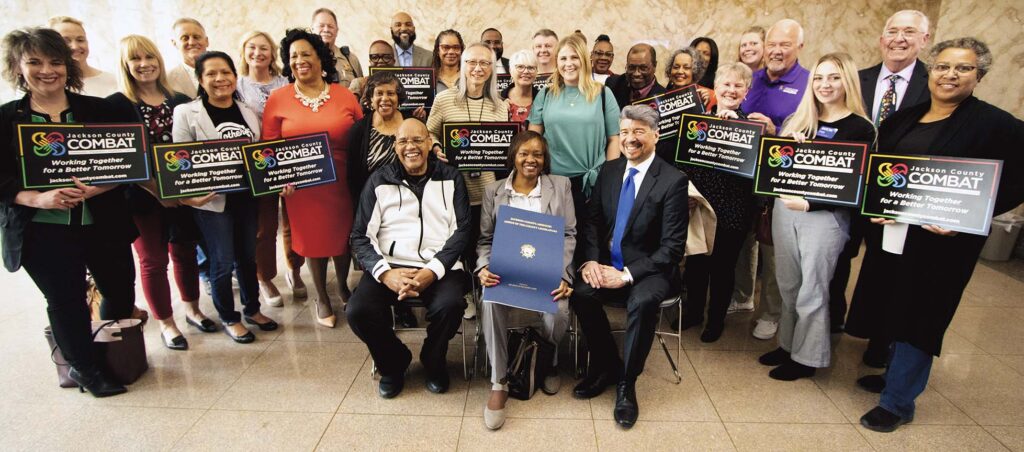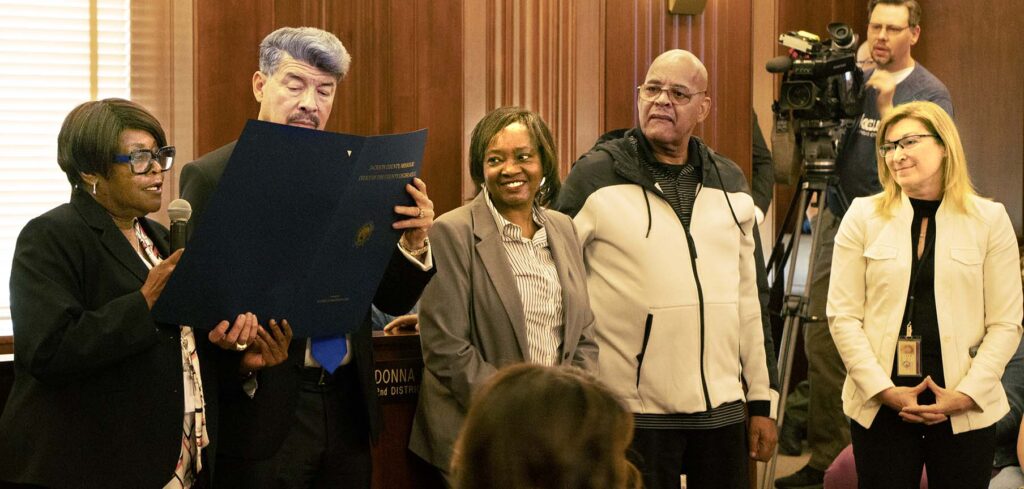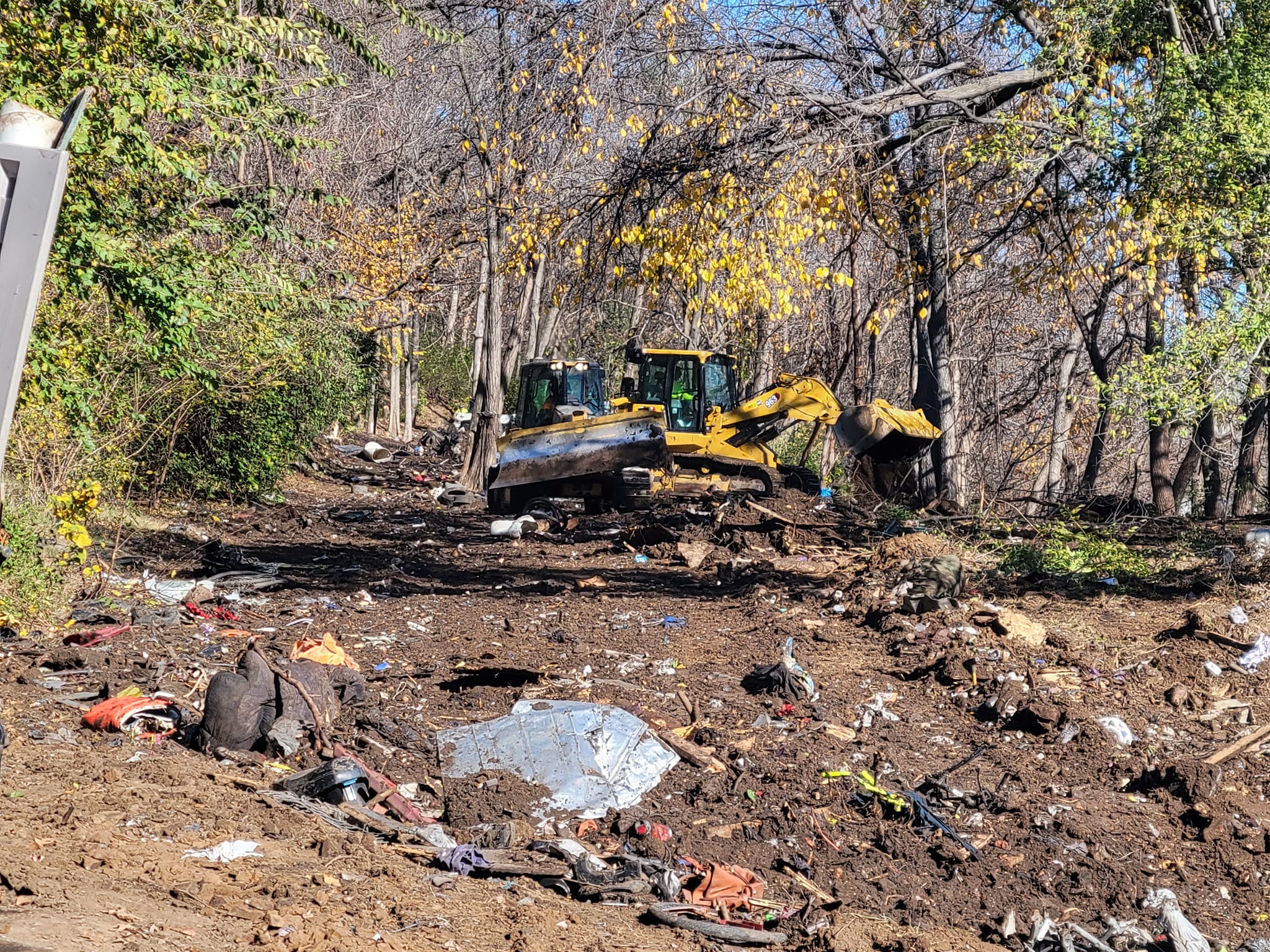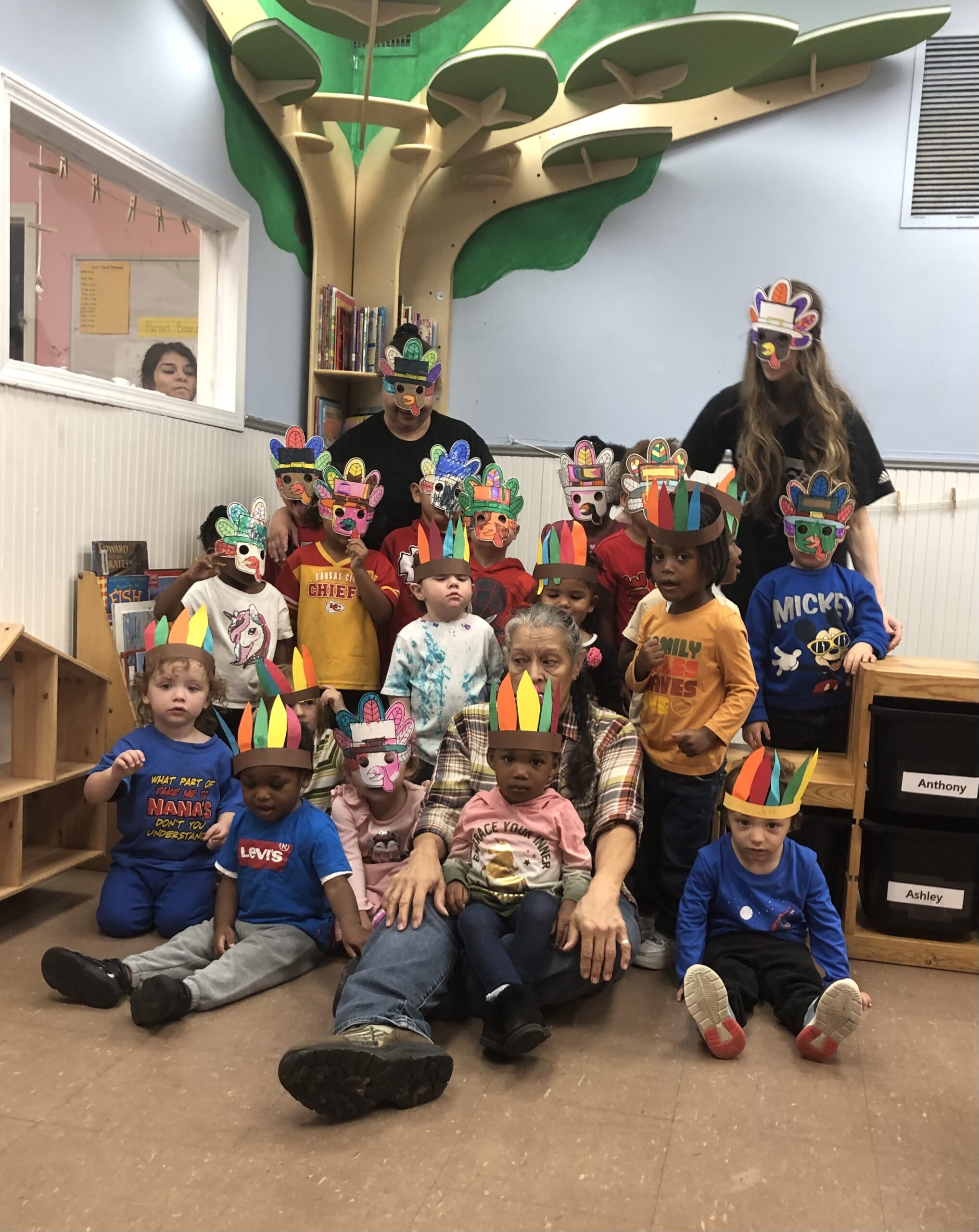
Abby Hoover
Managing Editor
Jackson County COMBAT, a tax funded organization that grants money to organizations working to create a strong, safe community for its residents, is celebrating 30 years.
The Jackson County Legislature recognized the anniversary with the presentation of a special resolution on Monday, April 24. Jackson County Prosecutor Jean Peters Baker and COMBAT Executive Director Vince Ortega were present to receive the resolution, along with one of COMBAT’s first administrators, Jim Nunnelly, and former COMBAT Executive Director Stacey Daniels Young.
In 1989, Jackson County became the first jurisdiction in the nation to adopt a tax dedicated to reducing drug abuse and drug-related crime. The county’s voters have since renewed the tax four times, mostly recently in 2016—with overwhelming 73.17% support.
In the spring of 1993 Nunnelley was appointed administrator, and the sales tax was officially named COMBAT (Community Backed Anti-drug Tax). A 2009 renewal vote also expanded COMBAT’s mission to include violence prevention, with COMBAT becoming an anti-crime tax.
Today, the quarter-cent COMBAT sales tax generates about $30 million in revenue per year. In addition to providing funding for local law enforcement agencies and the courts, COMBAT awards annual grants for nearly 100 prevention and treatment programs. These programs serve tens of thousands of men, women, and children throughout Jackson County each year, including in Northeast Kansas City at organizations like the Mattie Rhodes Center, Whatsoever Community Center, Healing House and many others.
“COMBAT has really become essential to better serving our community,” said Jackson County Prosecutor Jean Peters Baker. “COMBAT provides us resources not available in other counties our size, nearly all of which are struggling with illicit drugs and violence. Due to COMBAT, we have more resources for helping crime survivors, for getting more people into substance use disorder treatment, and for reaching more kids through a variety of innovative prevention programs.”
Jackson County COMBAT Director Vince Ortega became deputy director of the organization in 2009 as its mission was shifting to include violence prevention. Working with crime analysts, they put together 18 crime hotspots throughout the county, with eight in Kansas City, to focus their renewed efforts.
“Half of the violent crime that we’ve noticed as far as aggravated assault is domestic violence, so we knew that was a big problem,” Ortega said. “Then, using GIS maps, we layered over our over 100 different prevention and treatment agencies that we fund and realized that they were clustered in certain areas and a lot of our violent crime areas didn’t have any of our resources.”
They began looking at the root causes of violence, prioritizing high risk youth and their families, and keeping in mind different social determinants of health like trauma, transportation, homelessness, utility assistance, lack of employment, and lack of access to resources like food banks and healthcare. They noticed that 90% of the crime was being committed by 10% of the population, but it was affecting whole communities.
“We really started looking at how we bring criminal justice and our treatment and prevention agencies, working together holistically, to get resources to our most vulnerable families,” Ortega said.
Eight years ago, they created COMBAT Hubs, and integrated STRIVIN’ (Striving Together to Reduce Violence in Neighborhoods) programs into their violent crime hotspots.
Molly Manske, Bilingual Addiction Specialist at Mattie Rhodes, explained that the organization on North Topping is the Northeast COMBAT Strivin’ Hub, meaning that it focuses on a specific area with its violence prevention methods.
“We are trying to have a bigger focus on the Northeast because that’s where we’re at, it’s already the population that we serve, but Mattie Rhodes Center specifically, it’s kind of a hub for Spanish speaking referrals as well,” Manske said. “So all of our partner COMBAT agencies know Mattie Rhodes is the organization that can really help support our Latino and Spanish speaking families.”
Mattie Rhodes has multiple programs that are funded by COMBAT, including the program Manske works under, the treatment program for substance abuse.
“We’re an intensive outpatient treatment program, so myself and Dr. Luis Cordoba, we’re in that program,” Manske said. “We have an adult program and then a youth program. I oversee the youth program, and we’ve received, I think, COMBAT funding for over 20 years for our treatment and for our prevention side.”
Mattie Rhodes’ Community Resource Team, which Manske said does most of the wraparound services in the community, is also COMBAT funded. Recently, they took area students to Chicago for Spring Break.
“Their position kind of has a threefold focus for violence prevention,” Manske said. “There’s the prevention, the intervention, and the community outreach and engagement. They have a truancy support program that gets referrals from another COMBAT partner at the Truancy Court, works with the schools, and goes in for check-ins with students at the schools.”
Then, they have their Victim of Violence Support Program where they partner with other community organizations, the police department, the other COMBAT funded agencies and hubs to target some of the individuals who are victims of violence.
“Whether that’s a non-fatal shooting victim, somebody from the police department that had an interaction with law enforcement but they realized they need wraparound services – and if they’re Spanish speaking, nine times out of 10, they’re coming to Mattie Rhodes Center – so the Community Resource Team really tackles those referrals and their positions are 100% funded by COMBAT,” Manske said.
Kansas City averages about 15 bullet to skin victims a week, but that’s only the ones that are reported. COMBAT supports the police departments’ partnerships, as well as six different agencies that go out to homicide scenes, and the prosecutor’s Caring for Crime Survivors program. They also provide trauma treatment through a variety of community partners.
“We want to make sure that they know there’s some social service around here – a lot of these people need tangible service, transportation to the hospital, crutches, wheelchairs, you know those kinds of things – but then after a while, they’re recuperating, they need trauma care, but also we’re hoping that the trauma treatment will help them deescalate, stop the retaliation,” Ortega said.
Throughout its 30 years, COMBAT has supported a variety of services to the community, but until recently, there wasn’t much collaboration between the organizations, Manske said.
“Everybody’s worked for so many years in their silos – and been really good at their thing, whether that’s substance abuse, counseling, rent and utility assistance, food assistance – and I feel like now, as violence increases in Kansas City, we’re realizing that we can’t do it alone,” Manske said. “You’ve seen these developments of Partners for Peace, Violence360, all these different groups that are trying to come together now and work on violence prevention, which is good because we can’t do it alone.”
As much as Mattie Rhodes has a focus on the Spanish speaking population, they can’t serve all of those individuals.
“If we don’t have the connections that we do with other organizations – we don’t provide everything, we don’t do everything – but we can provide advocacy and make sure that those Spanish speaking individuals find the resources that they need and other areas as well,” Manske said. “Needs are absolutely increasing.”
Mattie Rhodes served over 100 individuals in 2022 through substance abuse treatment, outpatient treatment, and the Community Resource Team. Nearly 300 youth utilized after school programming, with 100 showing up consistently. Without COMBAT funding, Manske said these programs would cease to exist.
Violence prevention starts with youth because that’s where it is initially seen, Ortega said. Often, school districts bring it to COMBAT’s attention, and their work is supported by police departments that connect the dots between those same at-risk youth in homes they repeatedly visit.
In the Sheffield neighborhood, Whatsoever Community Center has been serving youth and families since 1915. Now, they host a youth boxing club, a summer program, an after school program and a COMBAT funded drug and alcohol prevention program.
Mattie Rhodes’ Explorer Program is funded by COMBAT, which does art programs, after school and summer programs led by Anthony Rea. Mattie Rhodes is embedded in its community, is across the street from Kansas City Public Schools’ James Elementary, and walkable for many of their clients.
“When we have our community events and we have things going on at the agency – giving out food, giving out resources, back to school events, COVID vaccinations – you can’t miss us because we’re right here,” Manske said. “So the neighbors come out, they see what we’re doing. They come and talk to us. They look out their window at what Mattie Rhodes is doing and we have somebody out there telling them and inviting them to the resources and the programs that we have.”
An important component of their work is that they understand the community.

“There is a lot of distrust or not being able to know what resources are out there,” Manske said. “So Mattie Rhodes being right here, people come to the door every day just wanting to know about the resources that we have because they see us in their community. I think that’s huge in order to break down barriers and be able to give individuals access to resources that are right there in their neighborhood.”
Manske wants the community to know how well the COMBAT funded organizations are working together now.
“I’ve been in COMBAT funded positions my entire time at Mattie Rhodes, and I’ve never seen it work as well as it is right now,” she said. “Communication has just improved so much, and I think thanks to the pandemic, being able to connect online, and we’ve continued to do that.”
The difference is that they’re starting to bring those COMBAT funded agencies together, and they’re starting to communicate more, especially when referring clients to other hubs through Community Care Link, a HIPAA compliant database that can be used to communicate and make referrals electronically to the hubs for services.
“We’re starting to know the faces behind the different combat organizations, and definitely kudos to Vince [Ortega] for doing that because we haven’t done that in the past,” Manske said. “So I think, yeah, without COMBAT, we wouldn’t be able to do what we’re doing right now.”
The day-to-day operations of COMBAT fall under the supervision of the Jackson County Prosecutor. Peters Baker said while COMBAT provides more resources for enforcement, the county has recognized that it can’t arrest its way out of such problems.
Jackson County COMBAT is a way of communicating, collaborating and coordinating in a more comprehensive, holistic way for violence prevention, Ortega said.

















